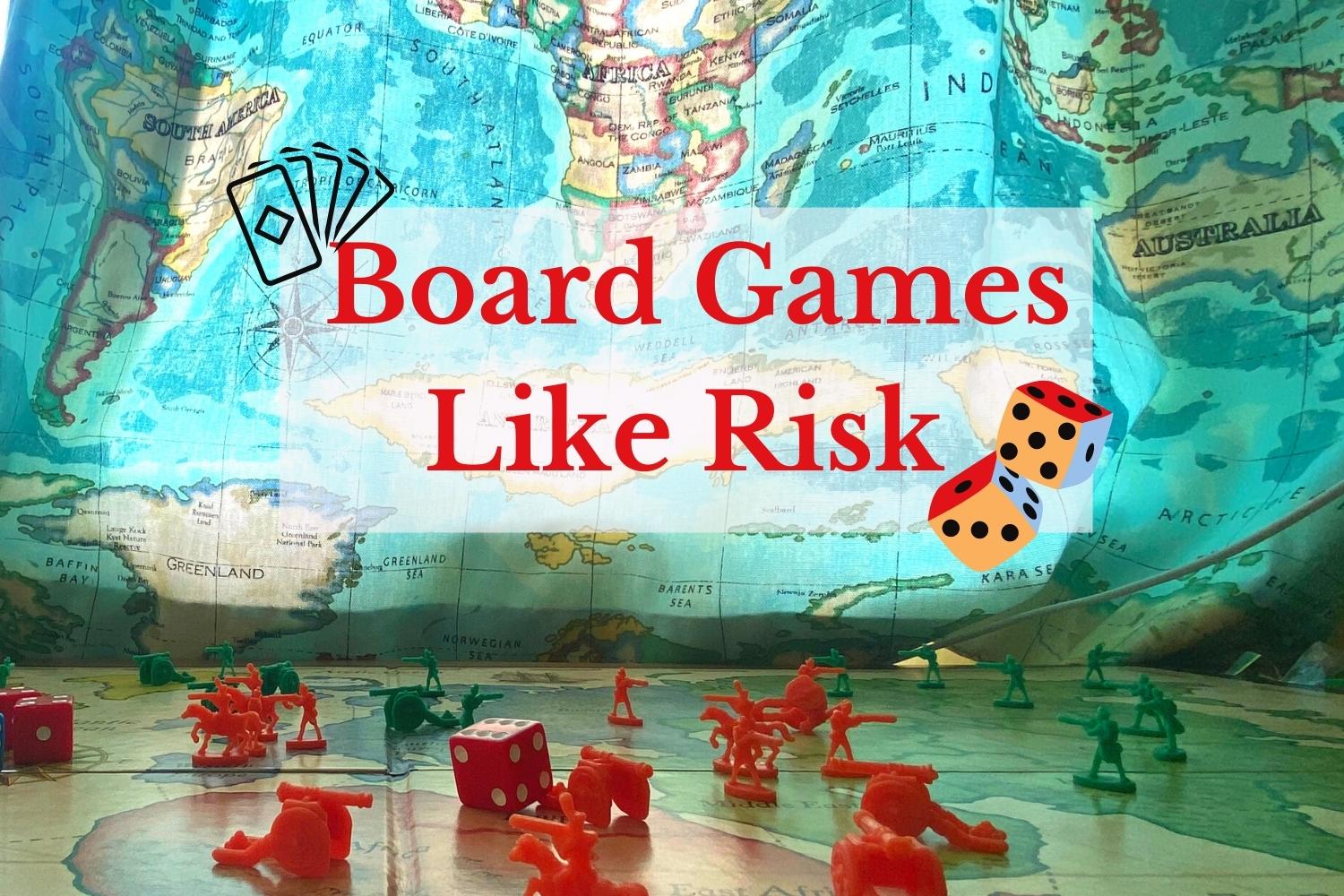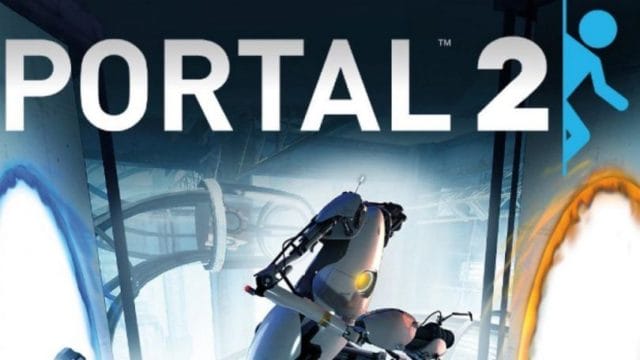So, you’re a fan of the game Risk? That’s great; we love it, too! But did you know many other fun strategy games are out there, too?
I’ve got a killer list of 10 games that take the thrill of good ol’ Risk and crank it up a notch!
You’ll find it all from exciting adventures in far-off lands, challenging quests to build powerful civilizations, and thrilling diplomacy tasks.
These games aren’t just Risk knockoffs; their unique spins, immersive stories, and next-level strategy will blow your mind!
Axis & Allies
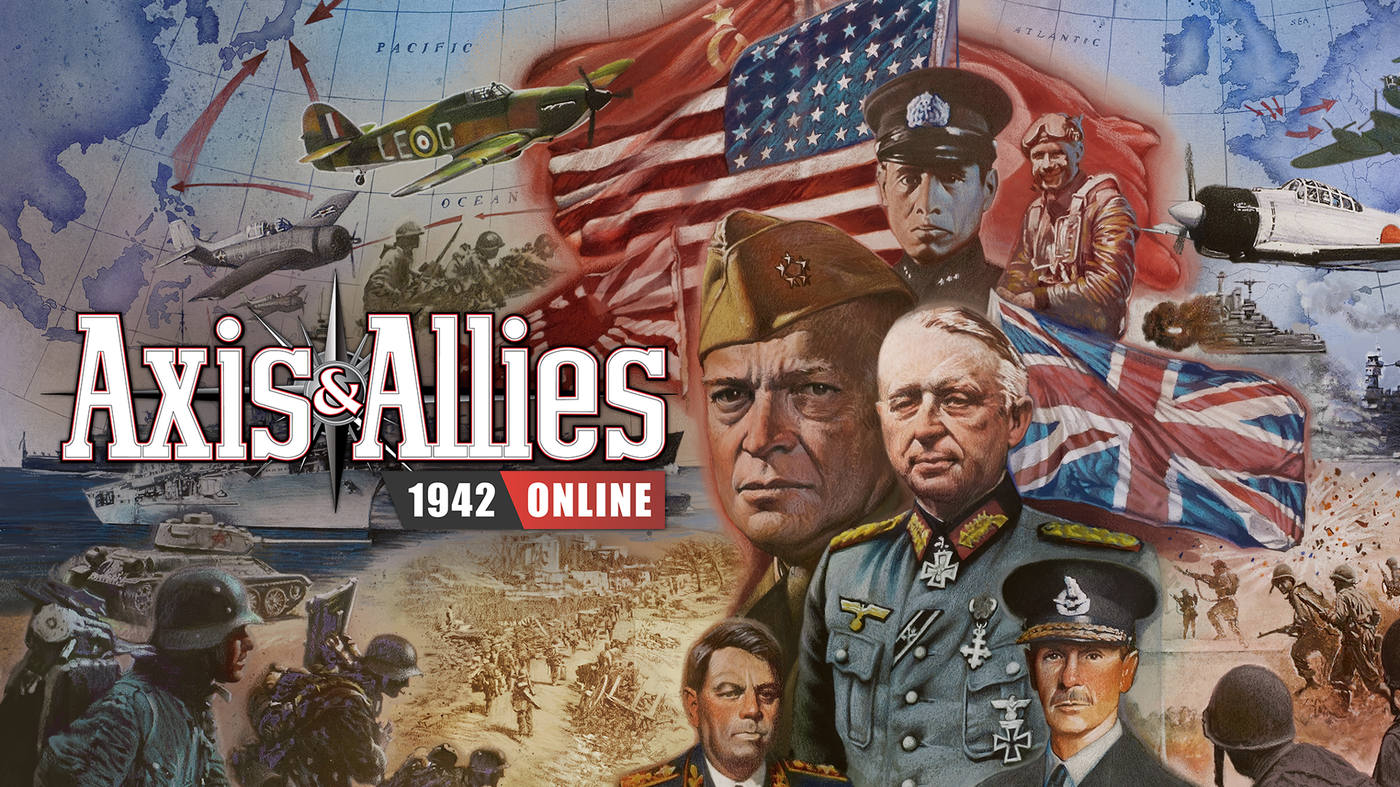
Axis & Allies is a World War themed strategy board game first launched in the 1980s. Like Risk, it involves territorial control, but it distinguishes itself with its historical context and more intricate economy and warfare mechanics.
Players in Axis & Allies represent one of the major powers in WWII – the United States, United Kingdom, Soviet Union, Germany, or Japan. The game moves beyond simple territory conquest, incorporating aspects of economic management, technologies, and complex combat rules involving air, sea, and land units.
Critically, Axis & Allies has been well-received for its depth and extensive replayability. Its commitment to historical accuracy and wealth of strategic options add up to a gaming experience that, while requiring a higher learning curve than Risk, offers a richer, more nuanced play that can satisfy veterans of the strategy game genre.
Diplomacy
Diplomacy, set in pre-World War I Europe, introduces an entirely different spin on Risk-like themes, focusing on negotiation, strategy, and—as the name suggests—diplomacy.
In Diplomacy, players don’t leave their fate to dice rolls. Instead, outcomes depend on the players’ skill in negotiating and forming (and betraying!) alliances. It’s a game of wits, where diplomatic skills can secure your armies the support they need to conquer significant regions.
Diplomacy can be a gratifying experience for Risk enthusiasts looking for all the strategy, alliances, and territorial control, minus the randomness of dice. Its emphasis on negotiation and political maneuvering offers a different strategy from Risk that can be a refreshing challenge.
Small World
Small World breathes new life into the territory control genre of Risk with two distinctive features: its unique and diverse races and the fluid power dynamics.
In Small World, players choose from various races, each with unique abilities. They claim territories, exploiting their races’ unique abilities for maximum gain.
The twist is the decline mechanic: when a race expands to its limits, it declines, and a new race is selected to continue the conquest. This concept symbolizes the rise and collapse of civilizations within the game’s compact timeline.
Small World offers a more dynamic and fast-paced alternative to Risk, trading static power struggles for fluctuating empires and constant adaptation to new races and abilities. This shifting power landscape can offer an intriguing twist for Risk enthusiasts.
Game of Thrones: The Board Game

Game of Thrones: The Board Game ties into the popular series’ rich lore and intricate politics. If the alliances and betrayals of Risk intrigue you, this game will likely elevate that intrigue to new levels.
Players control one of the significant houses from the series, striving for control of Westeros. It’s a deep game of strategy that involves military prowess, careful planning, robust diplomacy, and occasional treachery.
With character cards influencing play and thematic elements enhancing immersion, it offers a complex and immersive experience that Risk fans may enjoy.
Twilight Struggle
Twilight Struggle refines the concept of global influence from Risk into a razor-sharp simulation of the Cold War. The players represent the two superpowers, the USA and the USSR, vying to spread their influence worldwide without provoking a nuclear war.
Despite only accommodating two players, Twilight Struggle packs a significant strategic depth with its unique mechanics. Every decision counts, and the simple act of placing influence can have far-reaching implications. It’s a tug-of-war game that intricately balances scoring, control, and the ever-present threat of nuclear war.
For Risk fans, Twilight Struggle presents an intense, historically accurate game featuring strategic depth and a unique focus on influence and control rather than territorial acquisition alone.
Civilization: The Board Game
Casting players as leaders of influential civilizations vying for global dominance, Civilization: The Board Game takes aspects of Risk’s territorial acquisition but embodies a much broader scope of gameplay.
Players in Civilization don’t merely conquer territories; they expand and develop their jurisdictions, gain and trade resources, manage economies, direct technological advancements, and navigate political landscapes.
Focusing on cultural and technological progress alongside military strategy opens a realm of nuanced decision-making that more accurately echoes the complexities of leading a civilization.
With its blend of city-building, technology advancement, resource management, and warfare, Civilization offers a diverse and strategic gaming experience, rewarding those seeking more comprehensive gameplay beyond Risk’s military-focused conquest.
Conquest of Nerath
Conquest of Nerath combines traditional fantasy elements with a multi-layered strategy game. If you’re a player who enjoys Risk’s territorial acquisition but also loves fantasy, this game could be a perfect fit.
In Conquest of Nerath, players control vast armies and mighty heroes from one of four factions, embarking on quests, laying siege to enemy strongholds, and battling monsters to dominate the realm of Nerath.
The game incorporates warfare, exploration, and economy elements with area control mechanics – a nucleus of adventure and strategy unfurling within an immersive fantasy narrative.
Therefore, for Risk fans who also adore high fantasy, Conquest of Nerath offers a stimulating collision of the two, melding familiar strategic gameplay with an exciting genre twist.
Kemet
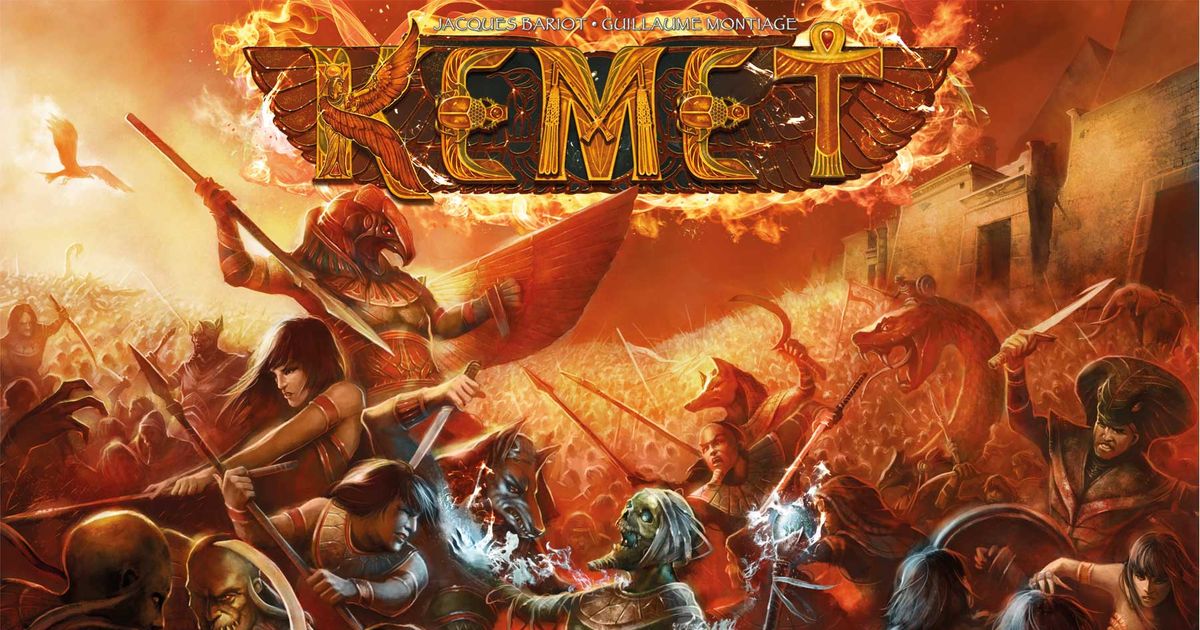
Set in mythological Egypt, Kemet discards the more defensive strategy of most area control games, including Risk, and encourages players towards continuous aggressive action.
Kemet prioritizes offense over defense with its unique scoring system, carefully designed to reward players for each act of aggression, and losing territories becomes less of a drawback than traditional area control games. This design fosters dynamic gameplay, marked by regular skirmishes and shifting powers.
Meaningful choices await players in Kemet’s dynamic power tile system—an aspect not seen in Risk—allowing them to upgrade their civilizations with magical and technological advancements. This system introduces another layer of strategic depth, enriching the game with several paths to victory.
Kemet offers an engaging variation on the area control genre by promoting aggressive gameplay and boasting a dynamic power system, making it an appealing alternative to Risk’s sometimes more cautious strategies.
War of the Ring
War of the Ring masterfully captures the sprawling scope and grand scale of J.R.R. Tolkien’s Middle-earth, and it translates the epic conflict between the Free People and Shadow Armies into a highly strategic and intensive board game.
In War of the Ring, each player represents either the Free Peoples on the march toward Mount Doom or the overwhelming Shadow Armies seeking to plunge Middle-earth into darkness. With over 200 miniatures, distinct character abilities and particular actions, and the option for political maneuvers amid warfare, it delivers an engaging and immersive experience.
Not just a treat for Lord of the Rings fans, the game’s strategic depth and complexity can prove equally satisfying for grand strategy gamers seeking an overarching narrative that shapes and enhances gameplay.
Imperial
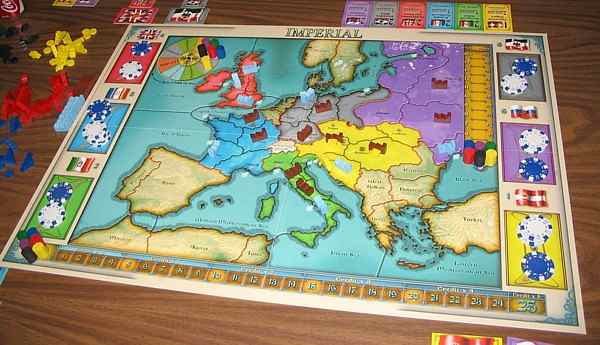
Imperial presents a unique blend of economic strategy and military warfare that takes the area control concept of Risk and weaves in a rich tapestry of economic complexity and political influence.
In Imperial, players don’t represent nations but investors with a financial stake in various European powers leading up to WWI. The aim is not conquest but influencing politics to maximize personal wealth. The game weaves warfare, economics, and diplomacy together in a sophisticated blend.
This intersection of commerce and conflict offers a fresh perspective for players, providing a far-reaching, socioeconomic strategic experience that stands as a compelling alternative to Risk.
Conclusion
From WWII simulations and fantasy conquests to Cold War influence and economic exploitation — experienced players or those new to strategy board games have a rich selection of alternatives to Risk.
Each game provides unique twists, mechanics, and themes, making them rewarding in their own right.
Whether small-scale political maneuvering, grand-scale civilization building, or cutthroat corporate strategy, there is a game out there to suit every taste. It’s an exciting world of strategy waiting for you to make your next move.
